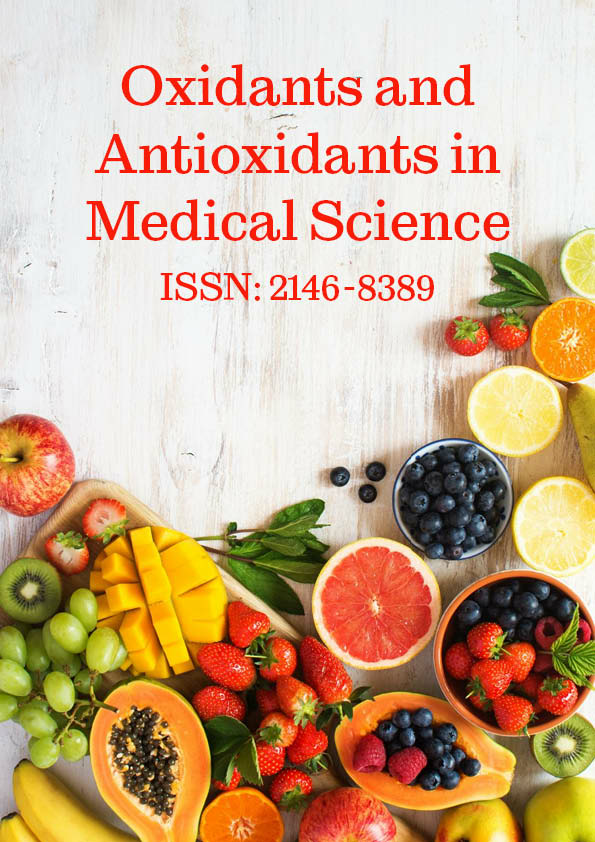Effects of ‚??5 a day‚?Ě fruit and vegetable intake on micronutrient level and oxidative stress markers in HIV positive patients: a cluster randomized trial
Abstract
Germaine N. Nkengfack, Jeanne Ngogang, Heike Englert
Although evidence of the beneficial impact of antioxidant supplements in human immunodeficiency virus (HIV) patients exists, the effectiveness of dietary antioxidants is not certain for resource limited settings. The hypothesis that nutritional education and lifestyle modification can improve both dietary habits and antioxidant level, and reduce oxidative stress was tested in a cluster randomized trial, involving 5 health facilities, randomized either to intervention or the control group. The intervention consisted of two counselling lessons, each lasting 1,5 h/week during 6 months, on: “nutrition”, “hygiene” and “coping with stigma and discrimination”. Lessons were embedded in practical activities such as shopping tours at local markets, cookery seminars on regional food and workshops on healthy lifestyle. 201 participants were enrolled and followed-up for 24 months. After 6 months, mean malondialdehyde (MDA) increased by 6% in both groups. Fruit and vegetable intake increased from less than two servings a day to two or three in the intervention group compared to the control group. Zinc, iron, vitamin A, C and E, β-carotene and calcium intake significantly increased in the intervention group, compared to the control group. Positive correlation was observed between fruit intake and vitamin A and β-carotene; and between vegetable intake and vitamin A and vitamin C. Negative correlation was observed between fruit intake and MDA, and between CD4 cell count and MDA. The intervention provides an effective low-cost alternative improving dietary intake of fruits and vegetables, antioxidant intake, thus improving health outcomes in HIV infected patients.
PDF






